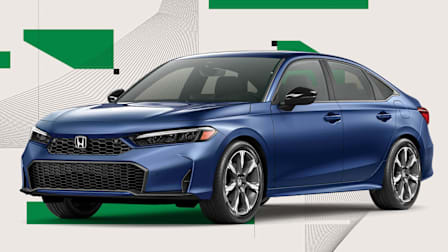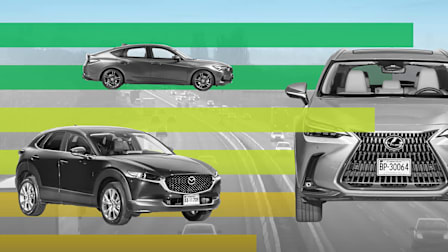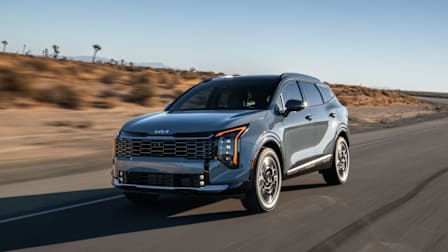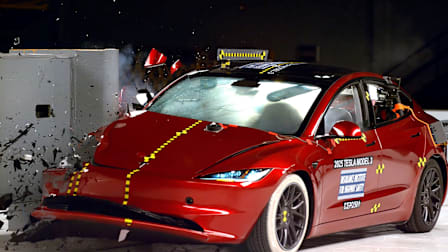Ford and Volvo Earn Top Safety Picks as Insurance Study Shows Electric Cars Are Safe
IIHS gives the safety award to the Mustang Mach-E and Volvo XC40 Recharge for strong crash-test results
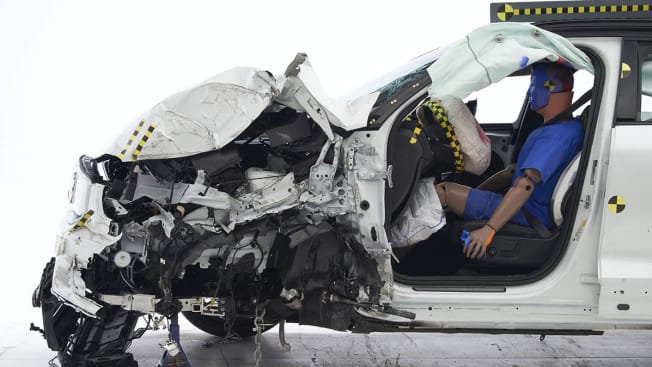
Electric cars are proving to be at least as safe as conventional cars, based on crash-test performance and an analysis of injury claims, according to the Insurance Institute for Highway Safety.
“It’s fantastic to see more proof that these vehicles are as safe as or safer than gasoline- and diesel-powered cars,” says IIHS President David Harkey. “We can now say with confidence that making the U.S. fleet more environmentally friendly doesn’t require any compromises in terms of safety.”
The IIHS recently crash-tested two electric SUVs, the Ford Mustang Mach-E and Volvo XC40 Recharge, with each earning a key safety award.
To achieve the Top Safety Pick distinction, a vehicle must earn Good ratings in all six crash evaluations conducted by the Institute: driver- and passenger-side small overlap front, moderate overlap front, side, roof strength, and head restraints. IIHS also factors headlamp and front crash prevention system performance in issuing its awards.
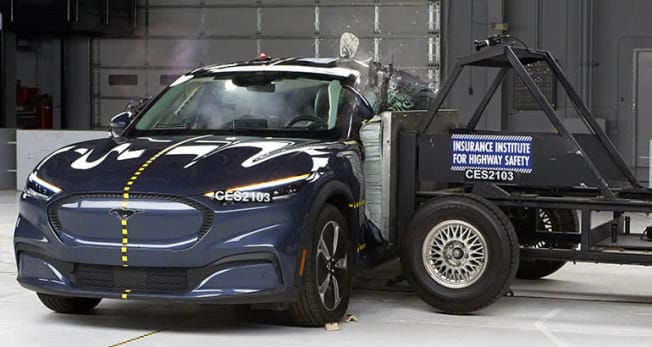
IIHS IIHS
A recent tragic Tesla Model S crash near Houston, Texas, has raised concerns about intense fires associated with some high-profile EV collisions. However, an IIHS spokesman told CR that the safety organization’s crash tests of electric vehicles “have never resulted in a fire or a spike in battery temperature that would indicate the potential for a thermal runaway event.”
The IIHS also has released the findings of a study that compares electric and conventional versions of nine models from 2011 to 2019, looking at collision, property damage liability, and injury insurance claims. This new research shows that driver and passenger injury claims were more than 40 percent lower than for identical conventional models during that period when correcting for miles driven. These findings are similar to a previous report by the organization.
“These results show that consumers don’t have to sacrifice safety when they choose a vehicle that’s cleaner for the environment, and saves them money on fuel and maintenance,” says Chris Harto, CR’s senior sustainability policy analyst.
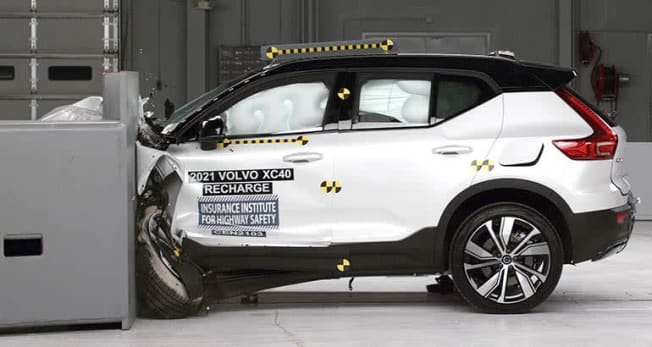
IIHS IIHS

